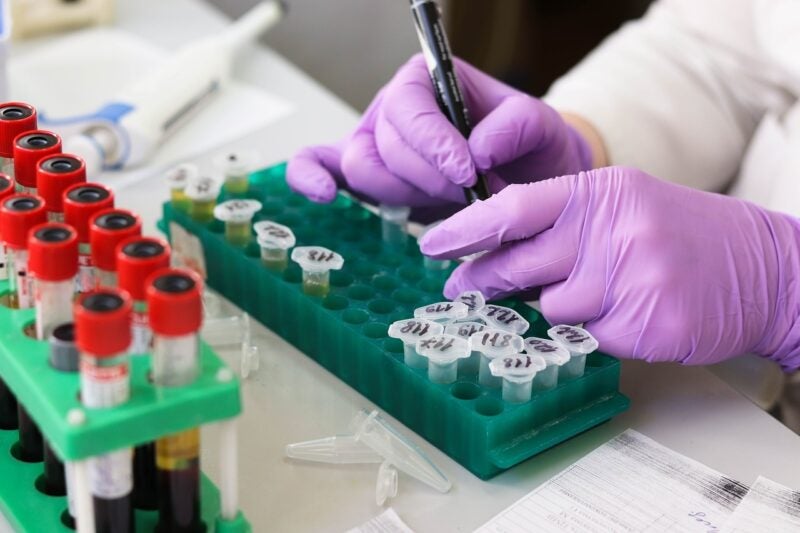
BostonGene has launched new liquid biopsy, immunoprofiling, and spatial proteomics solutions to view patient disease by integrating various artificial intelligence (AI)-based molecular and immune profiling techniques for tumour, microenvironment, and host immunity analysis.
The US-based company’s multiplex immunofluorescence (MxIF) assay is designed to offer a complete overview of tumour cells, stromal and vascular components, active and suppressive immune cell infiltration, and advanced analytics of tissue architecture based on cell-to-cell interactions.
The immunoprofiling solution detects surrogate biomarkers for clinical trial patient selection success and tracks the progression of disease and treatment response. It also guides immunotherapy treatment and reveals immune-related patient conditions by using a single tube of blood.
BostonGene’s liquid biopsy assay detects clinically relevant gene alterations for disease progression and treatment response prediction and monitoring with high sensitivity.
The test covers pan-cancer biomarkers and assesses 216 genes, including 200 genes with complete exonic (coding) coverage. It uses BostonGene’s proprietary error reduction algorithms and filtration of hematopoietic (CHIP) mutations for error-free results.
BostonGene chief medical officer Nathan Fowler said: “BostonGene’s innovative solutions offer clinicians and researchers evidence-based recommendations to guide clinical decision-making.
“Leveraging big data through BostonGene tests provides an unprecedented understanding of a patient’s molecular profile, including the critical drivers of each tumour, immune microenvironment properties, actionable mutations, biomarkers of response to diverse therapies, and recommended therapies necessary for personalised treatment selection.”
These Clinical Laboratory Improvement Amendments (CLIA)-certified and College of American Pathologist (CAP)-accredited services, along with the existing BostonGene Tumor Portrait test are intended to assist clinical trials and other research and development projects by enhancing their effectiveness.
The biomedical software company has designed the solutions to ensure that the clinical trial populations are clearly defined and represented and to evaluate therapy safety and efficacy.
Additionally, the solutions also monitor therapy’s side effects and select suitable patient groups for a variety of therapies, BostonGene added.
The firm uses its cloud-based solutions, bioinformatics capabilities, analytical tools, and advanced next-generation sequencing to offer an integrated analysis platform for the patient and their tumour.






